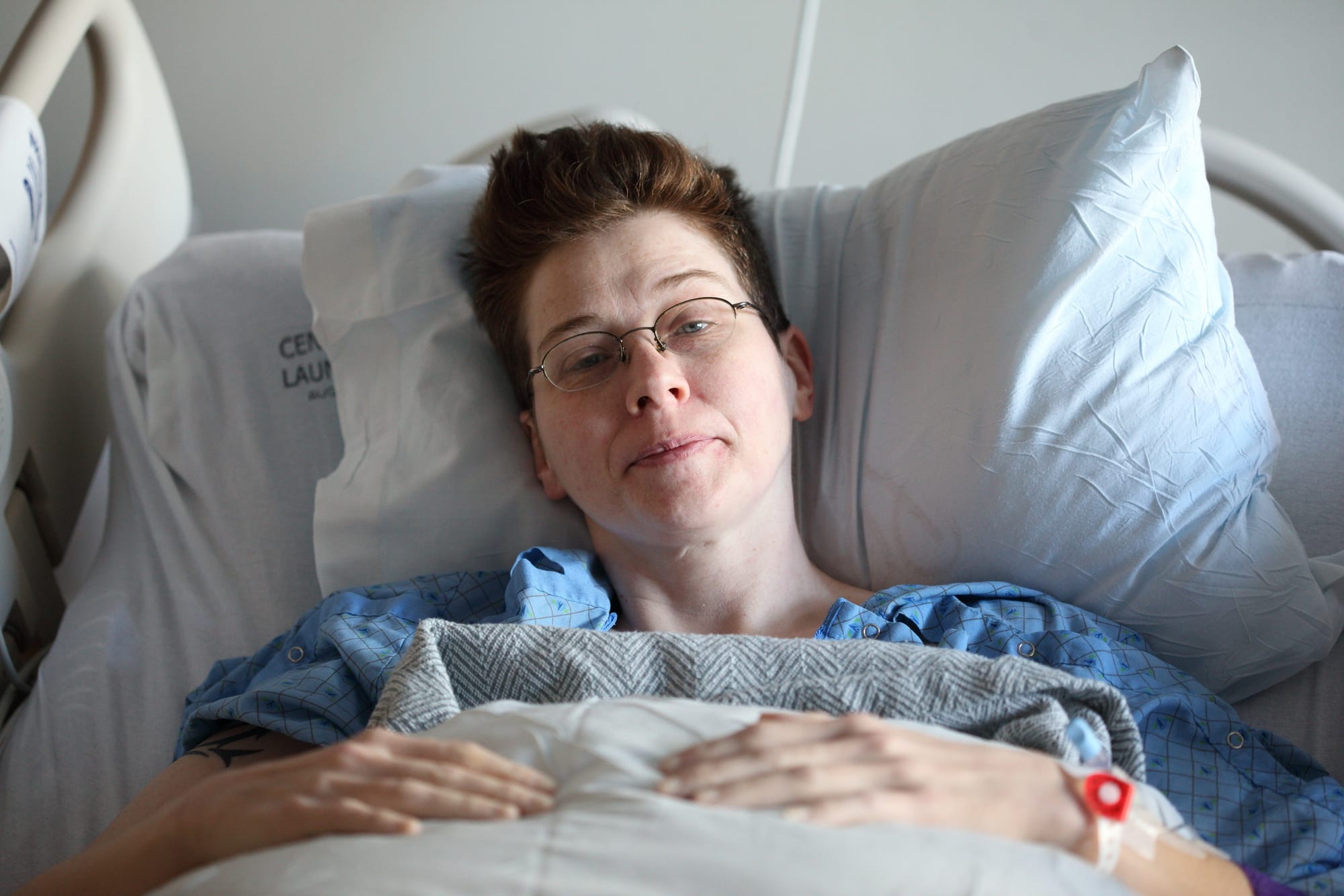ERAS-Cesárea

Preparation for Enhanced Recovery after Minimally Invasive Surgery - Cesarean Section
Prior to Surgery
• You may be given a short exercise regimen to help prepare for surgery. Please do the exercises as instructed.
• On the day before surgery there are no dietary restrictions and you may eat what you like.
• Starting at midnight the night before your surgery (if scheduled for first case of the morning ~0730), you may continue to drink clear liquids only up to 2 hours before surgery.
• If you were given Boost Breeze®, a carbohydrate rich beverage, you should consume it between 2 and 4 hours prior to surgery. Alternatively you may have elected to get the pre-surgery drinks and post-operative protein recovery drink package. Take as directed in the pack.
• You can substitute 16 oz of Gatorade® or filtered apple juice for Boost Breeze®.
• You must stop drinking 2 hours prior to surgery. If you continue to drink, or drink anything other than water or Boost Breeze® between midnight and 2 hours prior to your surgery, your surgery will be canceled for safety reasons.
Start taking your medication program
- Amitryptiline 25 mg at night,
- Tylenol 1000mg twice a day
- Gabapentin 300mg three times a day or once at night as tolerated.
- Don’t take Celebrex 400mg until you come home from surgery)
- Do not bring your meds to the hospital, keep them at home
The Evening of Surgery
• It is possible that you may go home the same day as your surgery if you are feeling well enough and your pain is controlled. In that event, you will receive discharge instructions before you go home.
• If you stay overnight your nurse will help you out of bed 6 hours after surgery.
• Your bladder catheter will be removed 6 hours after surgery and you will be able to urinate on your own.
• You will have access to oral pain medications to ensure that you are as comfortable as possible.
Resume your medications when you return at home. If staying in the hospital, we will prescribe the same medications to continue taking.
The Morning After Surgery
• You will likely be able to eat a regular diet as the first meal following your surgery.
• If you stay overnight in the hospital or are discharged the same day, a responsible adult must be available to receive instructors about your care and to drive you home.
• Depending on your type of surgery, your surgeon may ask that you use an injectable medicine at home to prevent blood clots. On the morning after surgery, a nurse will instruct you or a family member on how to give yourself these shots for four weeks after surgery.
Home
• You will be sore after surgery and may need to take pain medications (see above). Complete all the medications you started before surgery.
• You should consider having a family member or friend assist you at home as you recover.
• You will be able to reach your surgeon’s office by phone if you have concerns during recovery If you elected to have an at home compression device to prevent blood clots in your leg, continue to use this device if not actively moving or ambulating for up to first week. This can be used for the first 30 days after surgery to prevent blood clots
If you have the OnQ pain ball, removed the catheter after 5 to 8 days (or when the ball is fully deflated) by removing the steri-strips first, grasp the catheter at the skin and twist 90 degrees to release and remove the catheter fully until the black tip is visible.
You have just undergone open invasive surgery. You may not have as much pain as you expected. Depending on the type of surgery performed, you still had surgery!. Adhere to the physical activity restrictions provided to you to avoid overexertion or straining yourself.
Continue your dietary pack (if elected to receive one) adding a the protein shake/powder IN ADDITION to 3 meals per day for the next 5-7. The addition of protein and nutrients to your diet will help provide you the building blocks to repair your body from the surgery.
Continue to hydrate like you did during your pregnancy.
Get plenty of rest. Consider napping during the day with your baby if it safe to do so.
No baths 2 weeks after your surgery.
No lifting > 15 lbs in the first 2-4 weeks. Don't over do it.
Remember to have an appointment for your newborn 2-3 days after discharge from hospital. We will be checking in with you to see how you transition into motherhood every 2 weeks as indicated.